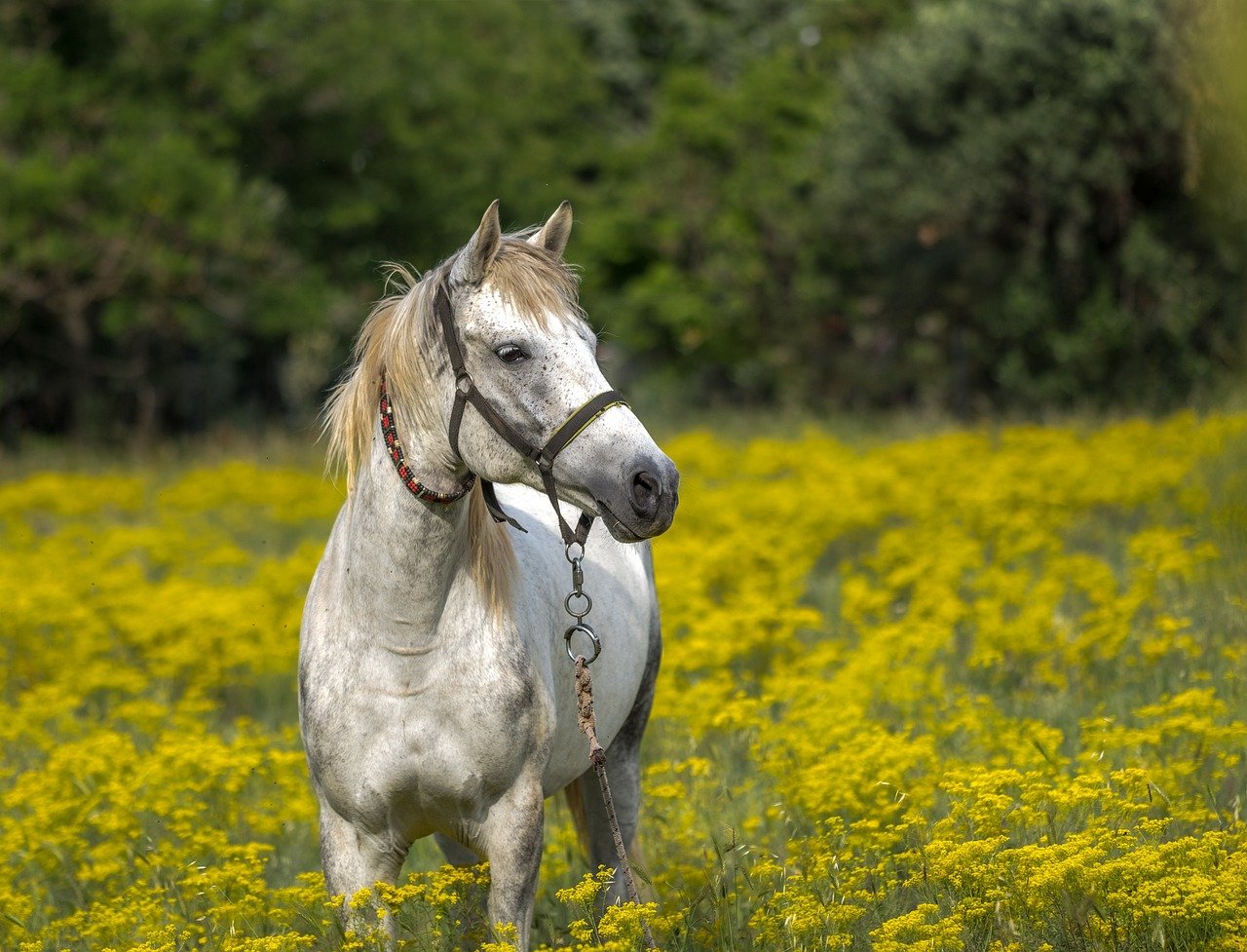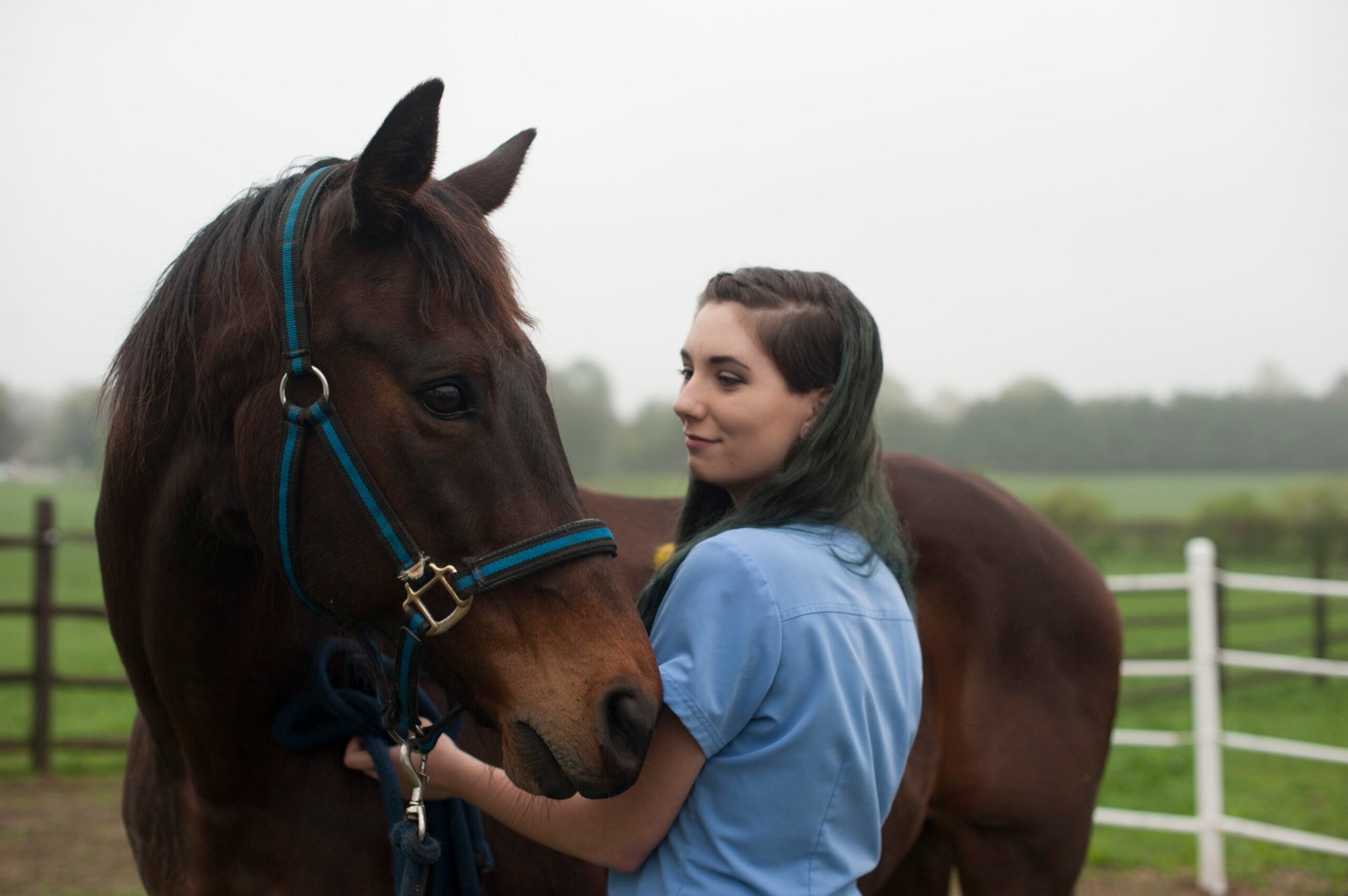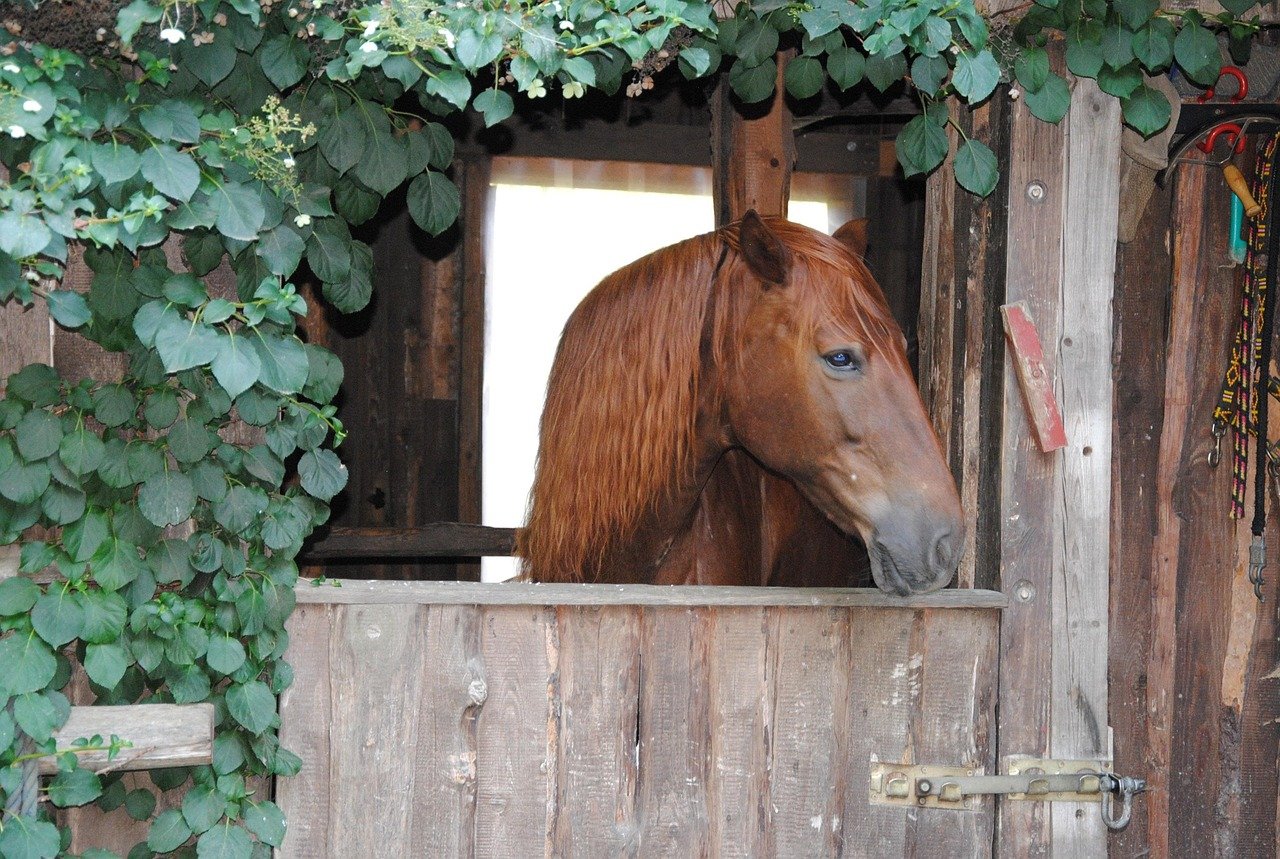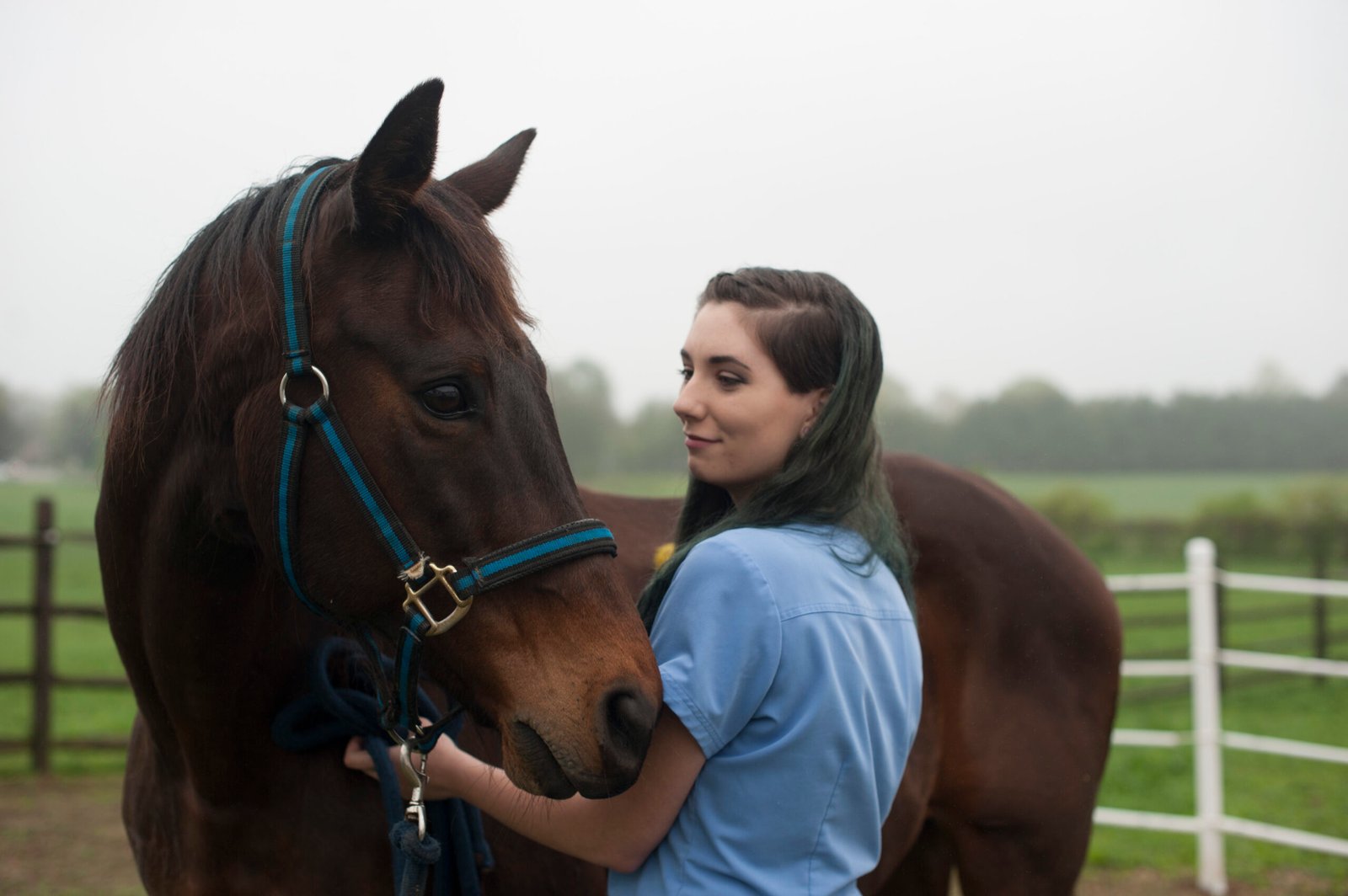The sight of a dignified, grey-muzzled horse grazing under the golden sun can tug at the heartstrings of any animal lover. Senior horses, with their wise eyes and gentle souls, deserve a special kind of care—one that honors their years of loyalty and companionship. But caring for an older equine friend is not always straightforward. Their needs shift and change as they age, sometimes in quiet and subtle ways. Whether you’re a lifelong horse owner or just now watching your beloved partner enter their senior years, understanding what makes aging horses unique is crucial. Let’s dive into the ten most important things every horse lover should know when caring for a senior horse—some may surprise you, others might inspire you, but all are essential for keeping your old friend healthy and happy.
Recognizing the Signs of Aging in Horses
Caring for a senior horse is a deeply rewarding responsibility that comes with unique challenges. Just like aging humans, older horses experience physical and emotional changes that require thoughtful attention and adjusted care routines. Whether your horse has been with you for decades or you’ve recently taken in a senior companion, understanding their evolving needs is essential to ensuring their comfort, health, and happiness in their golden years.
Aging in horses doesn’t happen overnight—it’s a gradual process, marked by a series of physical and behavioral changes. Owners might first notice grey hairs around the eyes and muzzle, or perhaps a slight dip in the back. Sometimes, a senior horse moves a bit slower in the morning or takes longer to get up after lying down. It’s important to pay attention to subtle shifts, like changes in appetite or a growing reluctance to keep up with herd mates. These signs can be easy to dismiss as just “getting older,” but they often signal deeper needs. By learning to spot the early hints of aging, you can tailor your horse’s care and catch potential problems before they become serious. It’s a bit like noticing when an old friend needs a helping hand—small acts of attention can make a huge difference.
Adjusting Nutrition and Diet
Nutrition is the foundation of a senior horse’s health, yet their digestive systems often become less efficient with age. Older horses may struggle to chew coarse hay due to worn-down teeth, making it harder for them to get enough calories and nutrients. Switching to softer feeds, such as soaked pellets or senior horse formulas, can help. These specially formulated feeds contain the right balance of fiber, protein, and vitamins that aging horses need. Don’t forget that older horses are more prone to losing weight, so regular body condition scoring is crucial. Think of it as tuning a classic car: the right fuel keeps everything running smoothly. And always ensure clean, fresh water is available—dehydration is a hidden danger for seniors.
Dental Care: More Important Than Ever
Dental problems are common in aging horses, and even a minor tooth issue can have major consequences. Worn, loose, or missing teeth make it difficult to chew, leading to weight loss and digestive troubles. Regular dental checkups—at least once a year—are essential to identify sharp points, uneven wear, or gum disease. Sometimes, a vet or equine dentist needs to float (file down) teeth to keep the mouth comfortable. Watch for signs like dropping feed, bad breath, or changes in eating habits. Addressing dental care early can prevent larger health crises down the road. It’s a simple act of kindness with huge benefits, ensuring your senior horse enjoys every meal.
Managing Joint Health and Mobility

Just like people, horses can suffer from arthritis and stiff joints as they age. You might notice your senior horse taking longer to warm up, or seeming stiff after standing for a while. Regular, gentle exercise is key—turnout time, hand-walking, or light riding helps keep joints flexible and muscles strong. Some owners find success with joint supplements containing glucosamine or chondroitin, but always consult your veterinarian first. Good hoof care is also vital, as overgrown or unbalanced hooves can worsen mobility issues. Think of joint care as keeping the gears oiled—attention now can help keep your horse moving comfortably for years to come.
Monitoring Weight and Body Condition
Weight management becomes trickier as horses age. Some seniors shed pounds easily, while others gain excess weight due to slowed metabolism or decreased activity. Regularly feeling along the ribs, spine, and hips helps you detect changes before they become severe. If your horse is too thin, it might signal dental issues, digestive problems, or underlying disease. On the other hand, overweight seniors are at risk for laminitis and metabolic disorders. Adjusting feed and exercise routines as needed is crucial. Just like with people, maintaining a healthy weight in senior horses can add years to their lives and improve their quality of life.
Routine Veterinary Checkups and Vaccinations

Senior horses are more vulnerable to illness and infection, making routine veterinary care absolutely essential. Annual wellness exams allow your vet to catch early signs of illness, perform dental checks, and update vaccinations. Older horses may need more frequent bloodwork to monitor organ function and detect age-related conditions like Cushing’s disease. Staying on top of parasite control is also important, as aging immune systems can be less effective at fighting off worms. Think of your vet as a partner in your horse’s golden years—a proactive approach keeps little issues from turning into big ones.
Special Considerations for Shelter and Comfort

Comfort is everything for an aging horse. Older horses often have a harder time regulating body temperature, so providing shelter from wind, rain, and extreme temperatures is critical. Soft, dry bedding helps prevent pressure sores, especially for horses that lie down more often. In cold weather, consider blanketing if your horse has trouble keeping weight on or growing a thick winter coat. In hot climates, shade and fresh water are non-negotiable. Making small adjustments to your barn or pasture setup can help your senior horse stay comfortable and content through every season.
Mental Health and Companionship
Aging horses can become anxious or depressed, especially if separated from longtime herd mates. Maintaining familiar routines and social bonds is crucial for their mental well-being. If your senior horse loses a companion, consider introducing a gentle friend to keep them company. Enrichment, such as hand-grazing, grooming sessions, or gentle groundwork, keeps their minds active and spirits high. Horses form deep emotional attachments, and their happiness is just as important as their physical health. Never underestimate the power of a soft word or a gentle brush—it can mean the world to an old horse.
Recognizing and Managing Age-Related Diseases
Certain diseases become more common as horses age, including Cushing’s disease (PPID), arthritis, and metabolic disorders. Symptoms might be subtle at first—long, curly hair coats, excessive drinking, or recurrent infections. Early diagnosis and treatment can dramatically improve a senior horse’s comfort and longevity. Work closely with your veterinarian to monitor for changes, and don’t hesitate to ask about blood tests or new medications. Staying informed and proactive can help you navigate these challenges with confidence and compassion.
Knowing When to Adjust Work and Activity Levels

An older horse may not be able to keep up with the same level of work as in their prime, and that’s perfectly okay. Listen to your horse—if they seem tired, stiff, or less willing under saddle, it might be time to reduce workload. Light riding, groundwork, or simply time spent together can be just as fulfilling. Allow your senior horse to set the pace, and celebrate the small moments you share. Adapting activities to fit their abilities honors the incredible partnership you’ve built over the years. Sometimes, slowing down can lead to the most meaningful memories of all.
Caring for a senior horse requires more than routine maintenance—it calls for patience, empathy, and a commitment to adapting with your horse as they age. From monitoring their nutrition and joint health to creating a stress-free environment and recognizing subtle changes in behavior, each step you take can significantly enhance their comfort and longevity. By staying informed and attentive, you’re not just managing aging—you’re honoring the lifelong bond you share. With the right care, your senior horse can continue to thrive and bring joy well into their later years.

Esther is from India; the heartbeat of South Asia, holding a Master’s degree in Zoology and a postgraduate diploma in Animal Welfare. Her enthusiasm for animal welfare drives her passion and dedication to working for animals, ensuring their well-being, and advocating for their rights. With a solid academic background and hands-on experience, she is committed to making a positive impact in the field of animal welfare. In her free time, she enjoys embroidery and sewing. As a Chennaite from Tamil Nadu, Esther loves Bharathanatyam, an Indian classical dance form.






